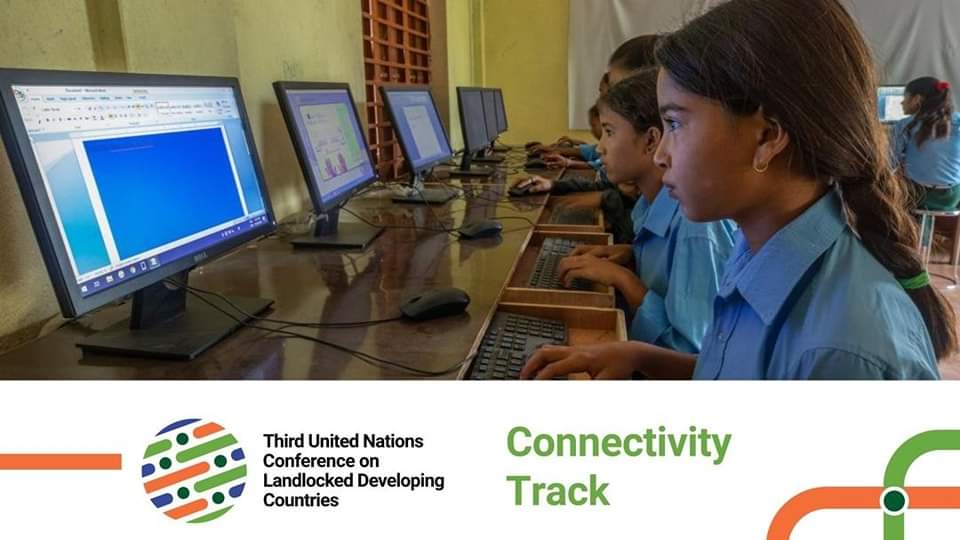Digital connectivity has emerged as a crucial element for bridging geographical gaps, especially in Landlocked Developing Countries (LLDCs). As these nations face unique challenges in accessing resources, education, healthcare, and government services, enhancing digital infrastructure becomes imperative for their development and integration into the global economy.
Bridging Geographical Gaps
For LLDCs, physical distance from coastlines can limit trade opportunities and access to essential services. However, digital connectivity can bridge these gaps by providing remote access to markets, information, and services that would otherwise be unavailable. By leveraging technology, LLDCs can connect with global markets, attracting investments and facilitating trade even from afar.
Enhancing Access to Education
Education is vital for the growth and development of any nation. In LLDCs, digital connectivity can significantly enhance access to educational resources. Online learning platforms and digital classrooms allow students, even in remote areas, to access quality education and learning materials. This access helps improve literacy rates and equips individuals with skills necessary for a competitive workforce.
Improving Healthcare Services
Healthcare delivery in LLDCs can be challenging due to the lack of infrastructure and medical facilities. Digital connectivity allows for telemedicine services, enabling patients to consult healthcare professionals without traveling long distances. This not only saves time and costs but also ensures timely medical assistance, particularly in emergencies.
Streamlining Government Services
Government services often struggle to reach citizens in LLDCs due to geographical constraints. Digital connectivity can streamline access to essential government services, such as tax collection, permit applications, and social services. E-governance initiatives can improve transparency and efficiency, fostering greater trust in public institutions.
Discussions in Gaborone
These critical issues will be at the forefront of discussions during the upcoming LLDC3 (Third United Nations Conference on Landlocked Developing Countries) in Gaborone, Botswana. The conference will address the connectivity track, focusing on strategies to enhance digital infrastructure and its role in the development of LLDCs.
Digital connectivity is not just a technological advancement; it is a lifeline for LLDCs, providing them with the means to overcome geographical disadvantages. As the world becomes increasingly interconnected, the focus on enhancing digital infrastructure in these countries will be vital for their sustainable development and integration into the global economy. The discussions in Gaborone will play a significant role in shaping the future of digital connectivity in LLDCs, paving the way for improved access to education, healthcare, government services, and much more.










